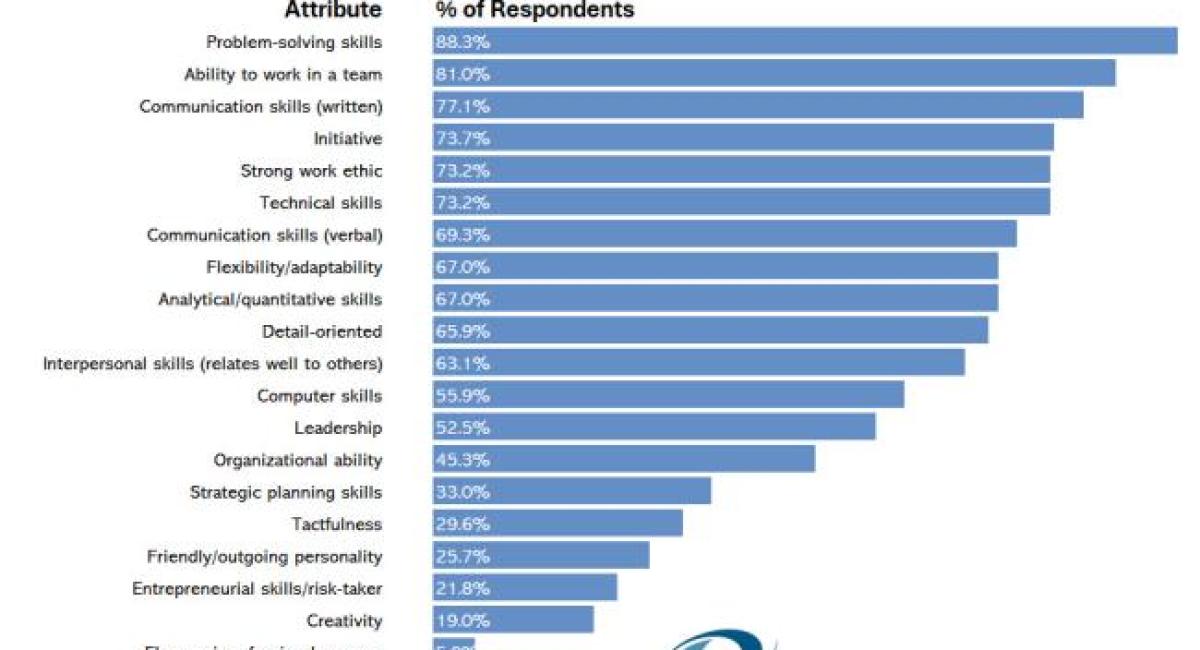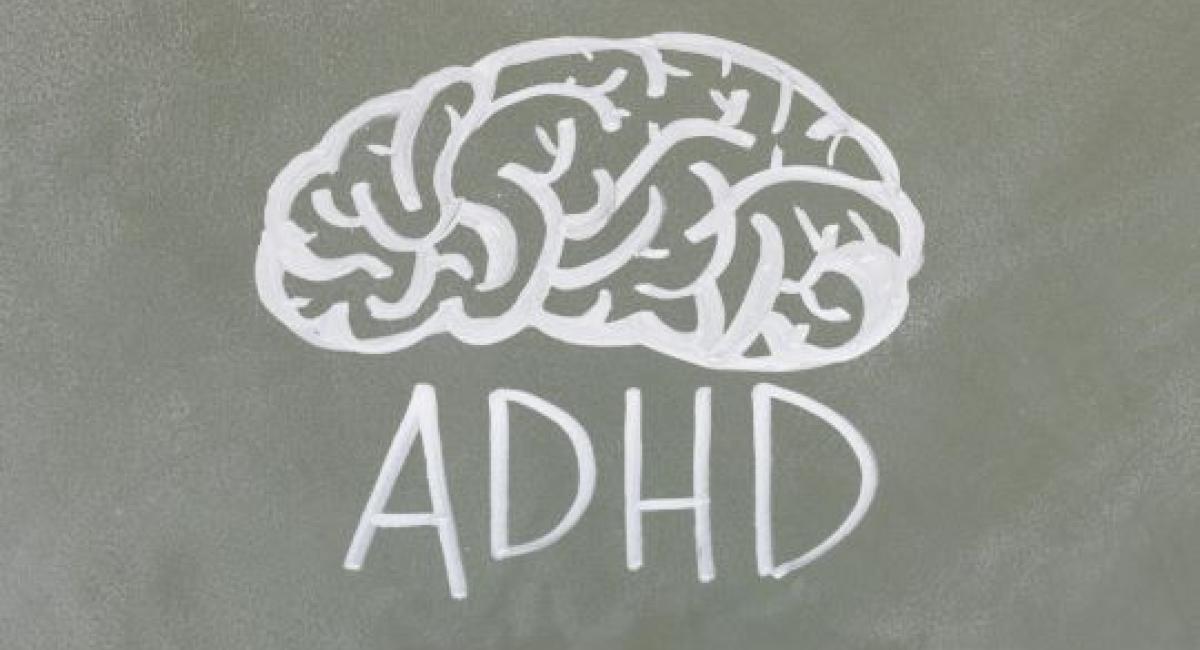Part Two of a Two-Part Series on Transitions *** Before reading this post, take a moment to read Part One - Understanding the Impact of Change*** If you are just arriving at the NIH as a summer student, postbac, graduate student or postdoctoral or clinical fellow, adjusting to your experience at NIH represents a transition that will be one of many transitions you will face in your career.
Procrastination and Avoidance
Procrastination involves avoiding specific tasks; while avoidance tends to be a more general pattern that develops and can cause recurring issues both at work and at home. Most people can relate to occasional bouts of both procrastination and avoidance. About 95% of people admit to putting off work, according to Piers Steel, author of The Procrastination Equation.
Would You Wear This at Work?
Open-plan offices have become very popular in recent years and they seem to be the go-to option for most tech companies, especially in Silicon Valley. Some companies, like Facebook and Netflix, even tout that not even their CEO has an office. The open office plan was supposed to be less expensive for organizations and conducive to lighter, more open and collaborative companies. Organizations felt that if they removed walls, they would increase visibility and communication among employees and teams. Small startups, large corporations, and co-working spaces all jumped on the bandwagon.
The Biggest Mistake on PhD’s LinkedIn Profiles
Many PhD students and postdocs wonder if they really need a LinkedIn profile. Very often they are told by their advisors that using LinkedIn is a waste of their time. Perhaps it might not be the best go to website for academic job searches; however, if you are exploring any non-academic options, then you need to start using LinkedIn.
Using Online Job Simulations for Career Exploration
Are you considering a career in medical writing? Intellectual property? Program management? Regulatory Affairs? Science Education and Outreach? And beyond?
If so, you should check out online job simulations which allows individuals to test out various jobs. It can be difficult to find internships or detail opportunities that allow you to see if a field is a good fit for you in real life. And while informational interviews are fantastic, they don’t allow you to try things out for yourself. This is where an online job simulation can be of help.
Are Millennials the Burnout Generation?
In her viral BuzzFeed essay, “How Millennials Became the Burnout Generation,” Anne Helen Petersen thoroughly details how economic and social demands/constraints have led millennials to feel burnt out. Unlike previous generations, millennials accrued more education, more debt, and were more willing to put career progression ahead of anything else.
KonMari™ Your Work Station
Marie Kondo is the author of the extremely popular book The Life-Changing Magic of Tidying Up. The popularity of this book has even been turned into a Netflix series called “Tidying Up”. In both the book and the series, this world-renowned organizational consultant, helps people declutter and find organization and balance in their homes and hopefully by extension their lives.

From the Archive: The Industry Job Search is a Marathon, Not a Sprint
For an industry job for scientists, the interview process generally takes six to eight weeks. Starting with an initial phone screen, successful candidates move on to an on-site interview where they usually meet with a number of people from the organization and give a scientific presentation. Next is the final interview, during which a verbal offer may be extended. What is not as well elucidated is how long the overall search process is likely to take.
Feedback Audit – Guide to Working with Me
In last week’s blog, we discussed how to receive feedback well by focusing on the types of feedback (ACE – Appreciation/Coaching/Evaluation) you might receive as well as aspects of the feedback which might feel triggering (Truth, Relationship, and Identity Triggers) to you.
Thanks for the Feedback – How to Receive Feedback Well
Maybe you are not sure how to process your latest performance review at work, or maybe an offhand critical comment has left you ruminating. In any shape or form, receiving feedback is crucial to one’s personal and professional development; however, it can also be extremely challenging to hear.




